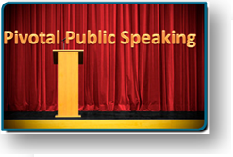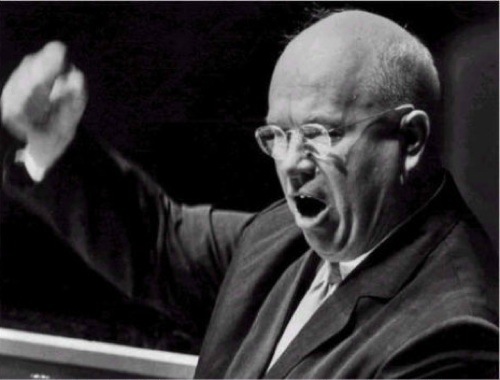|
|
|
Using Stories to Bring Your Audience into Your World
”...Once upon a time…” “Let me tell you about the time I spent in the mountains all night by myself – unexpectedly…” If you really want to draw your audience closer to you, tell a story. It should be a story about yourself or somebody you know. Try NOT to repeat a story you’ve heard elsewhere – even if it is a great story. It’s still another person’s story, and you lose something by telling another person’s story – especially if there’s a chance some of your audience has heard it before. The magic of telling a story is that once you’ve set the scene, your audience is hooked. They want to hear the end of it, so they’ll listen literally on the edge of their seat. Stories enrapture, they engage, they thrill… Even though I recommend using your own stories, IF you don’t have stories of your own, you can judiciously use stories from another source – but only sparingly, and only until you’ve amassed enough stories of your own. So how many stories should you have? According to Scott Ginsberg, The Nametag Guy, you should compile fifty of your own stories. I think that’s a great idea. When I read that a year or two ago, I started a file called ‘50 stories’ and whenever something keyed up in my memory, I’d jot it down in my file. Some stories were okay, some I thought were good, others I figured I’d eventually toss out. But the idea is to just start compiling stories – no matter what they’re about. Chances are at some point you’ll find a use for them in your speaking career. Another great thing about telling a story to support a point in your presentation is that it’s YOUR STORY. Nobody else’s. It makes your speech unique and more personable. Plus – if it’s your story, it’s easy to remember! You’ve lived it and internalized it. Keep adding to your personal story file. Over time you’ll remember things that would make a good story: the time your cat vanished for a month and then came back. The time you climbed a mountain. The time you spent in high school as a drummer. Whatever – just compile them, polish them, and you’ll find places where they’ll fit in your presentations. Tim 'Gonzo' Gordon is VP of Online Training and co-founder of Communication Steroids, a public speaking training company in Salem, Oregon. He is also co-host of the weekly podcast and editor of the weekly Communication Steroids Inner Circle Newsletter. http://www.communicationsteroids.com |
|
|
Supporting you as you pivot towards a better life, a better you ... Information research, packaging and presentation ... Inspiration --- Self Improvement --- Families --- For Teachers --- Books & Reading --- Business & Wealth --- Products---Quizzes & Tests---Quotations---Just for fun---Online courses
|
 Don't leave
Don't leave






